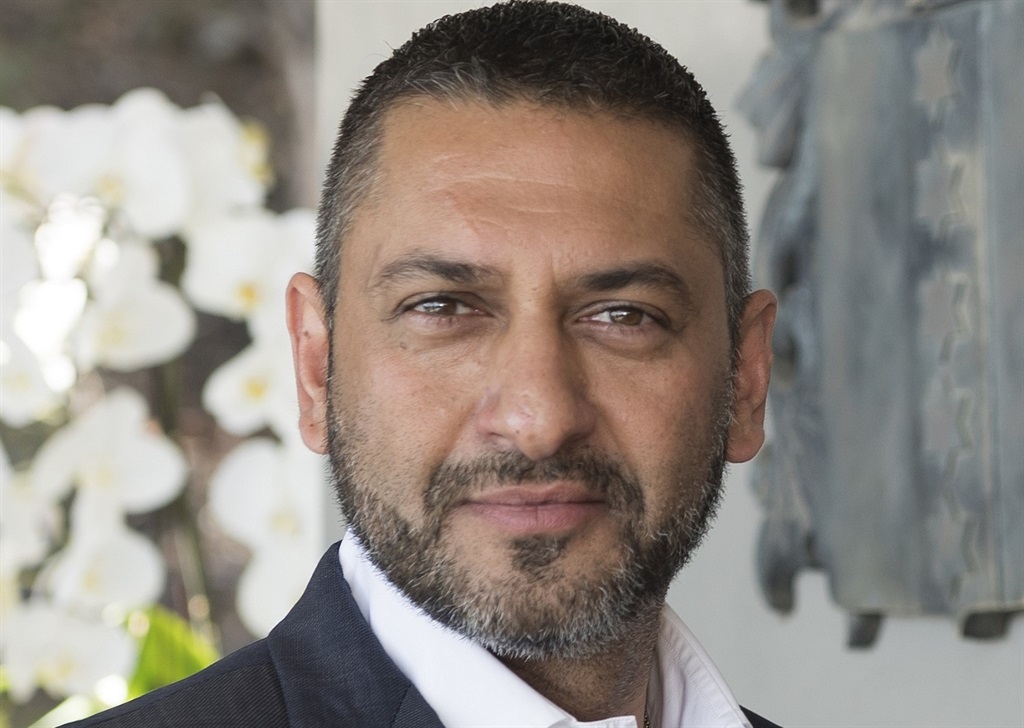
Following amaBhungane's victory over the Moti group on Monday, William Bird writes that when the media are unfairly challenged, we need to ensure that justice prevails.
On 3 July 2023, amaBhungane achieved a significant court victory over the Moti Group (Mazetti).
The victory is significant and serves to remind us of the critical importance not just of media freedom and due process, but also serves as a hard lesson to those who seek to muzzle the media. To understand why, we need to unpack some of the basics about the case.
The South African National Editors Forum (SANEF), Media Monitoring Africa (MMA) and the Campaign for Freedom of Expression (CFE) joined as friends of the court to help provide information useful to the court. Our submissions can be found here.
In early June, the Moti group had, behind closed doors and without amaBhungane being given a chance to reply, been granted a special order "ex parte".
The essence of the original order was that amaBhungane had to return materials they had used for a series of stories that focused on possible corrupt practices and were damaging to the reputation of Mr Zunaid Moti and the Moti Group, and that amaBhungane would be interdicted from reporting any further about Mr Moti and the Moti group based on the data from the materials.
Extraordinary order
It was an extraordinary order, that amaBhungane immediately sought to challenge. It was extraordinary because generally when a party seeks to interdict or prevent publication by media, the media against whom the interdict is sought is granted an opportunity to put forward their case as to why they should be allowed to publish a story.
READ | OPINION: Victory for amaBhungane and journalism, but Moti is planning more action
In the current instance, the special 'ex parte' order was granted without amaBhungane being afforded an opportunity to even reply, and the hearing took place behind closed doors. As pointed out in the first paragraph of the judgment, there may be some circumstances in which such a special order may be granted, for example where a spouse seeks protection from a violent partner.
The principle of such special orders is that they are granted only in exceptional circumstances and where the object of the order would be defeated by giving notice to the other party. For example, alerting a violent spouse that they may be prevented from being violent may just encourage more violence.
The judgment makes it clear that not only did the Moti group fail to show exceptional circumstances, the judge noted:
The judgment goes further to address issues about journalists having access to stolen or contraband materials and makes the point that:
The judgment then highlights the importance of journalists protecting their sources and makes extensive reference, devoting four paragraphs to several local, regional, and international sources as to why protecting sources is so fundamental to journalists' ability to do their job.
Of course, in addition to highlighting fundamental media freedom rights issues, the judgment also makes it clear that just because media can have access to various kinds of information, it doesn’t mean that it is a case of anything goes. One of the arguments put forward by the Moti Group was that the media are trying to set themselves up as a law unto themselves. Media do have great power and great responsibility.
The reality is that every day journalists decide what information is shared and what isn't.
READ | AmaBhungane judgment: Contraband in the hands of journalists will help SA out of corruption morass
Producing news is about a series of conscious and unconscious choices. As a simple example, every day, journalists choose whose voices we get to hear by selecting who to interview or which press conference to attend - we generally hear the voices of men a lot more than women (around 77% of voices in the news are men and 23% are women) we generally don't hear the voices of children (around 7% of stories in which children appear).
These choices help shape the news and issues we think about as the public. Similarly, when journalists have access to a trove of information - they must decide whether there is a public interest in sharing that information, and they have to decide if they believe the information to be reasonably accurate and truthful. Good journalists will look at the information, question its origin, then seek to verify it through different sources, and they will distinguish whether it is in the public interest for the information to be known and shared.
Consequences for media if it gets things wrong
Often these kinds of choices may seem clear. If an elected official abuses his partner, it may well cause him significant distress for the information to be made public, but we would argue there is a clear public interest in knowing if a person abuses his partner.
In the current instance, amaBhungane didn’t simply publish all the personal information they have - we can be sure, for example, that they have access to the email addresses and possibly mobile numbers and physical addresses of many of those they reported on - but while there is a public interest in exposing dodgy business deals, there is no public interest in revealing that kind of personal information. Aside from the practical considerations, it is important to remember that where media get things wrong, there can be a variety of consequences.
If media violate journalism ethics, they can be taken to the Press Council or Broadcast Complaints Commission. People who feel aggrieved may also sue for defamation and approach the courts to interdict the media. If media reveals the identities of abused children, for example, they may face legal consequences for breaching the Criminal Procedure Act.
Equally importantly, media that publish information that turns out to be false, also run the very real risk of losing their credibility. In the current case, it wasn’t amaBhungane that was found to have abused the court process but rather the Moti group. It wasn't because the judge didn’t carefully weigh up all elements that he found in favour of amaBhungane and not the Moti group, rather it is precisely because the judge took the time to analyse all the issues and factors that he found the Moti group had abused the court process.
In this instance, it wasn’t amaBhungane who was trying to be a law unto themselves, but rather the Mazetti group.
This case should be considered as a clear victory for media freedom and investigative journalism in South Africa. As we prepare for what is considered one of our most contentious election periods, it is even more critical that journalists and media can do their job freely, within the limits of the existing code of conduct and ethics.
When the media are unfairly challenged, we need to ensure that justice prevails. In this case, we have achieved just that.
- William Bird is the director of Media Monitoring Africa.
*Want to respond to the columnist? Send your letter or article to opinions@news24.com with your name and town or province. You are welcome to also send a profile picture. We encourage a diversity of voices and views in our readers' submissions and reserve the right not to publish any and all submissions received.
Disclaimer: News24 encourages freedom of speech and the expression of diverse views. The views of columnists published on News24 are therefore their own and do not necessarily represent the views of News24.




 Publications
Publications
 Partners
Partners
























